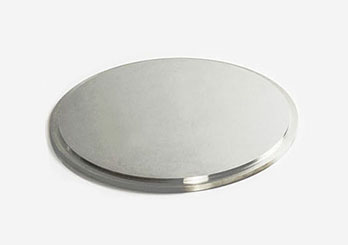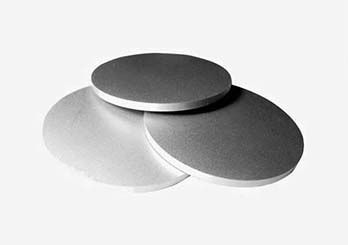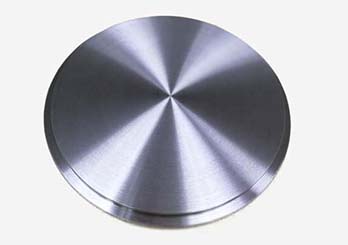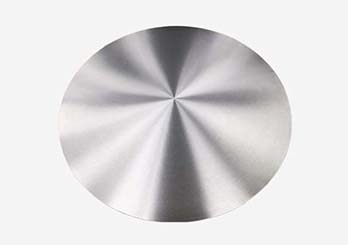The molybdenum material has many characteristics, among which some of the main ones include:
High Melting Point: Molybdenum has an extremely high melting point, approximately 2620°C (4748°F), enabling it to maintain stability in high-temperature environments.
High Strength: Molybdenum exhibits excellent mechanical strength, especially retaining its strength at high temperatures, making it particularly popular in high-temperature applications.
High Density: Molybdenum is a high-density metal, with a density of approximately 10.2 grams per cubic centimeter, allowing it to provide additional mass and inertia in certain applications.
Excellent Corrosion Resistance: Molybdenum possesses good corrosion resistance, able to resist corrosion from most chemical media, making it widely used in industries such as chemical, nuclear, and aerospace.
Excellent Thermal Conductivity: Molybdenum has good thermal conductivity, allowing it to effectively transfer heat at high temperatures, which is important for many heat treatment and high-temperature processing applications.
Low Thermal Expansion Coefficient: Molybdenum has a relatively low thermal expansion coefficient, meaning it maintains relatively stable dimensions at high temperatures, beneficial for many high-temperature engineering applications.
Good Machinability: Molybdenum has good machinability and can be fabricated into various shapes and sizes through forging, rolling, casting, and machining methods.
Good Electrical Properties: Molybdenum is an excellent electrical conductor, hence widely used in the electronics industry for manufacturing electrodes, contacts, conductive brackets, and other components.
The applications of molybdenum materials are diverse and widespread, including:
Aerospace: Molybdenum is used in aerospace applications for its high melting point, strength, and corrosion resistance, particularly in components subjected to high temperatures and stress, such as aircraft engines and structural elements.
Electronics: Molybdenum is utilized in the electronics industry for its excellent electrical conductivity and thermal properties. It is used in the production of semiconductor devices, thin-film transistors, and as a substrate for electronic components.
Chemical Processing: Molybdenum's resistance to corrosion makes it valuable in chemical processing equipment, such as reaction vessels, pipelines, and heat exchangers, where it can withstand harsh chemical environments.
Energy: Molybdenum is used in various energy-related applications, including nuclear reactors, where it serves as a structural material and a neutron absorber due to its ability to withstand high temperatures and radiation.
Automotive: Molybdenum is employed in the automotive industry for its strength and heat resistance. It is used in engine parts, exhaust systems, and other components subjected to high temperatures and mechanical stress.
Tooling and Machining: Molybdenum-based alloys are utilized in tooling and machining applications due to their high strength, wear resistance, and thermal conductivity, making them suitable for cutting tools, dies, and molds.
Lighting: Molybdenum is used in the manufacture of filaments for incandescent light bulbs and halogen lamps due to its high melting point and electrical conductivity.
Medical: Molybdenum is used in medical devices and implants, such as pacemakers and orthopedic implants, for its biocompatibility and corrosion resistance.
These are just a few examples of the diverse applications of molybdenum materials across various industries.



